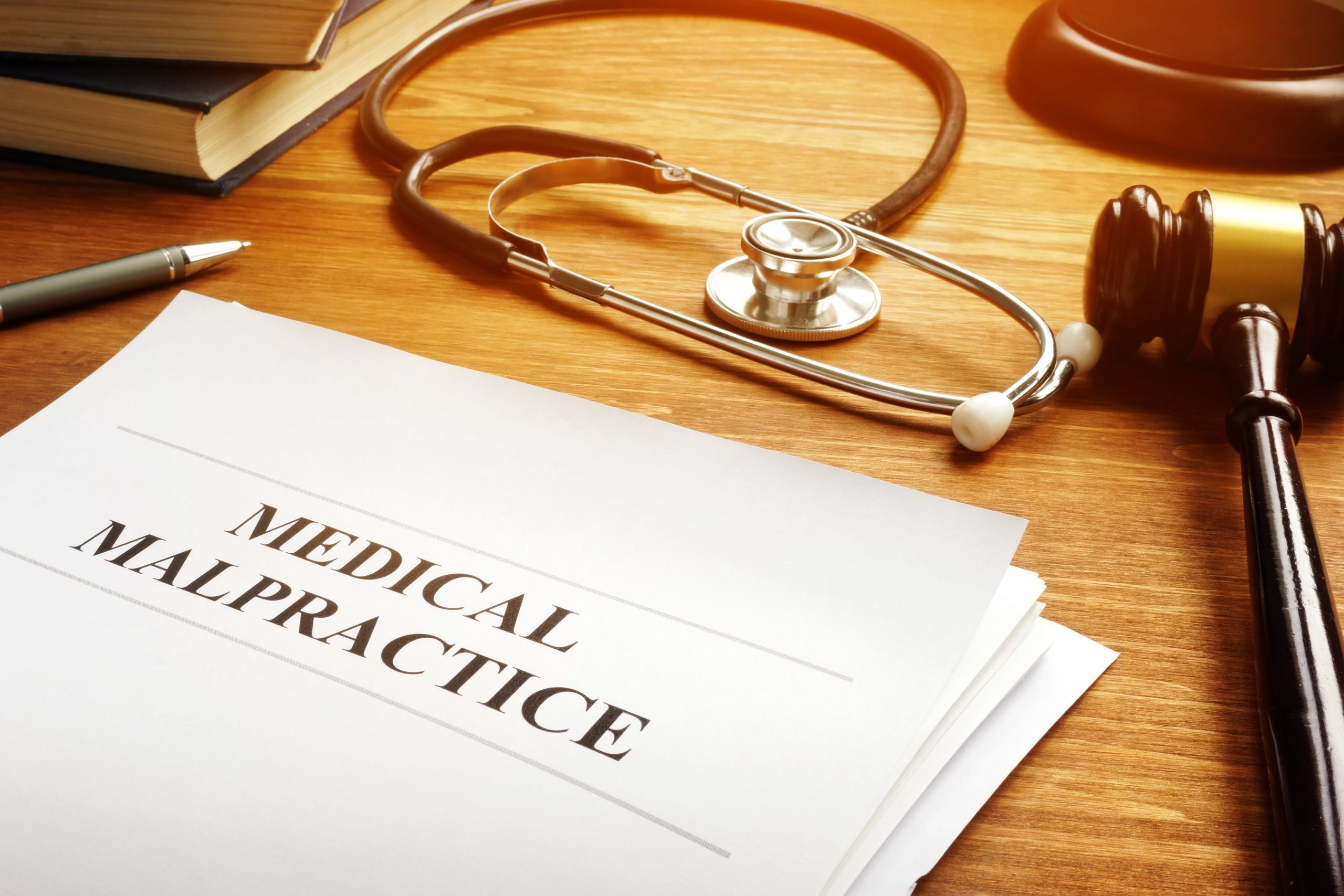
Free Consultation(203) 447-0000

Free Consultation(203) 447-0000

A number of different anesthesia complications might provide you with a clue that you or your loved one has become a victim of medical malpractice, ranging from tooth damage, to an allergic reaction to anesthesia, to permanent brain damage or even death.
These complications may occur during the operation, immediately afterwards, or even some time later. Not all anesthesia complications result from medical malpractice, however, and the trick in building a credible medical malpractice claim is to trace the complication to a specific failure on the part of your healthcare provider – typically the anesthesiologist, but not always.
Possible anesthesia complications include:
Some of these complications are far more common than others. Regaining consciousness during an operation, for example, is particularly uncommon. Nausea, vomiting, and post-op pain, by contrast, are not the least bit unusual, although they are far from universal.
In general, anesthesia can be divided into three types: local, regional, and general. Local anesthesia numbs a specific part of the body; regional anesthesia numbs an entire region of the body, even though you remain conscious (an epidural during childbirth, for example); and a general anesthetic renders you unconscious. General anesthesia is by far the most dangerous of the three, although even general anesthesia is relatively safe compared to, say, smoking cigarettes or even driving a car.
According to data derived from malpractice insurance claims, nearly two-thirds of medical malpractice claims related to anesthesia errors arise from the administration of anesthesia during surgery, typically due to the use of general anesthesia. Other claims arise from, for example, pain management treatment. Most anesthesia-related medical malpractice claims arise from serious consequences such as:
The following are some of the most common anesthesia errors:
Many, many more potential errors are possible.
Not every medical error can support a medical malpractice claim. Doctors are expected to be competent, not perfect – in fact, if it were any other way, just about every doctor would be held liable for medical malpractice several times during his career. A medical mistake can support a malpractice claim when it falls below the minimum standard of competence required of any doctor. This is generally determined by a medical expert such as another doctor.
To build a medical malpractice claim, a certain amount of investigative work must be done. Your lawyer must be able to trace your injury to a specific error — nerve damage due to clumsy injection of anesthesia into spinal nerves, for example – and establish a causal relationship between the harm you suffered and the mistake the doctor made.
Next, it will be important to establish that the doctor’s error was serious enough to constitute negligence, at which point it will probably become necessary to consult a medical expert. Some medical experts specialize in testifying in medical malpractice lawsuits, although they are bound by their professional obligations to provide objective testimony rather than to automatically support the party that is paying them to testify.
Building a malpractice case that will stand up in court will likely require sworn testimony from an expert witness, documentary evidence such as the results of an independent medical exam conducted by another doctor, and perhaps the anesthesiologist’s own surgery notes. Before taking the case to court, however, your lawyer will probably attempt to open private settlement negotiations with the defendant and his malpractice insurance company.
Only if settlement negotiations fail will the case go to court. Most medical malpractice claims are settled out of court, although some doctors and insurance companies will choose to “fight it out to the bitter end.” Even filing a lawsuit does not necessarily mean you will have to go to court, however – a trial will have to be scheduled, and most claims are settled before trial.
Some of the considerations by which your anesthesiologist will be judged include:
Ultimately, the defendant will be judged against the consensus standard of care of a similarly situated anesthesiologist under the same circumstances. Although your lawyer can contact an expert medical witness who may be willing to testify in your favor, the defense might call its own expert witness to rebut the testimony of your expert witness. At that point, it will be up to the court to decide who to believe.
It is possible to file a claim against more than one defendant at the same time, and it is not always obvious who you should file your claim against. The following are some possibilities:
Medical experts agreed, however, that her brain damage was caused by faulty medical equipment, not by her pregnancy. Jane’s claim against the anesthesiologist will fail, but she might have a claim against the hospital (for negligent equipment maintenance) or the medical equipment manufacturer (for manufacturing a defective product).
Imagine what it must have been like 200 years ago, if you desperately needed surgery but general anesthesia hadn’t been invented yet. Sometimes, we forget how lucky we are, simply to have been born recently enough to take advantage of scientific advances that our ancestors simply did not enjoy. Nevertheless, the administration of anesthesia is inherently dangerous, and health care providers can rightly be held to account for administering it negligently.
You don’t need to concern yourself that you can’t afford to hire a lawyer. At Berkowitz Hanna, it is the strength of your claim that matters, not the size of your bank account. Accordingly, you will owe us nothing unless we win your case and the defendant actually pays. When this happens, our fee will be taken out as a percentage of the amount you win.
With our decades of combined experience in handling medical malpractice cases, we can help you evaluate your claim and estimate its value. Call Berkowitz Hanna today or contact us online for a free initial consultation. We serve clients throughout Connecticut from our offices in Stamford, Bridgeport, Danbury, and Shelton.
Berkowitz Hanna
